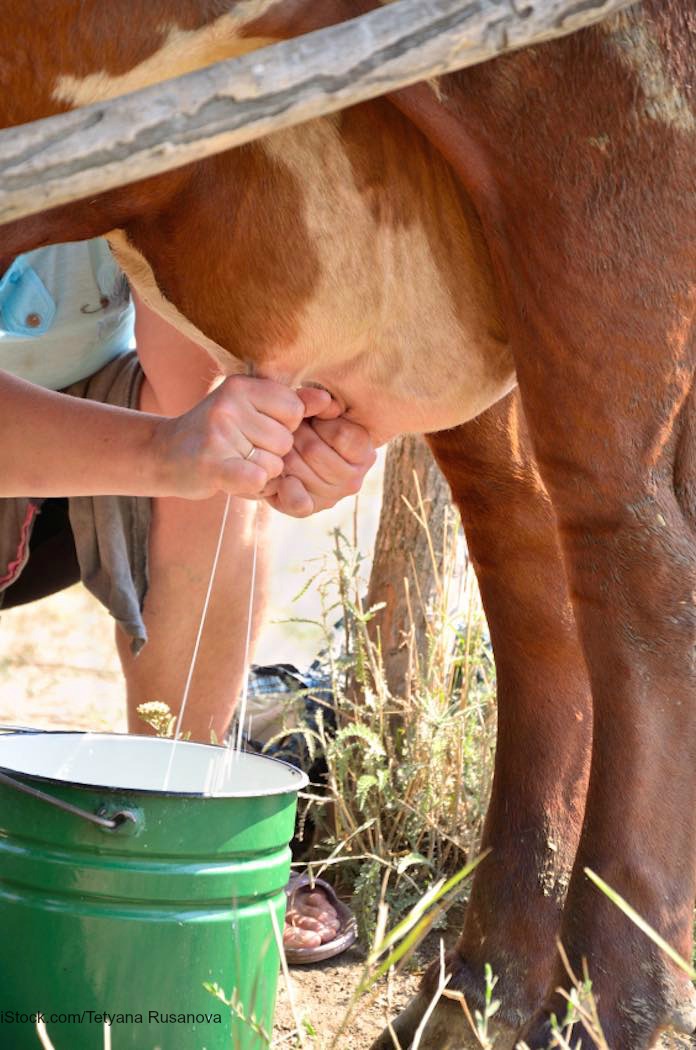A new study conducted in Brazil has found that heavy metal exposure increases the level of antibiotic resistant bacteria in dairy cows. Researchers studied two dairy herds in Brazil four years after a dam holding mining waste ruptured. This poses a threat to human health, according to information published in Penn State News.

Researchers Erika Ganda, assistant professor of food animal microbiomes at Penn State said in a statement, “Our findings are important because if bacterial antimicrobial resistance is transferred via the food chain by milk or meat consumption, it would have substantial implications for human health. What we saw is, when heavy metal contamination is in the environment, there is potential for an increase of so-called ‘superbugs.'”
In 2015, the Fundao Tailings Dam suffered a catastrophic failure and released more than 11 billion gallons of iron ore waste. Toxic mud flowed into the Dole River basin around Mariana City in southeast Brazil.
Researchers identified bacterial antimicrobial-resistance genes in the feces, nasal passages, and rumen fluid of 16 dairy cattle in the area. Those samples were compared to samples taken from animals from an unaffected farm 220 miles away.
The microorganism community in the cattle that suffered heavy metal exposure was different in many ways from the unexposed cows. The relative abundance and prevalence of bacterial antimicrobial-resistance genes were higher in cattle at the heavy metals-affected farm.
This is not the first time a link between heavy metal concentration in the environment and increased prevalence of antibiotic resistance in bacteria has been seen. Ganda said, “As a result of this connection, the transfer of one gene providing heavy metal resistance, may occur in concert with the transfer of the closest gene, providing antibiotic resistance. Consequently, some resistance mechanisms are shared between antibiotics and heavy metals.
“In this Brazilian environmental disaster, not only were several people and animals killed by the devastating flood caused by the dam rupture,” she continued, “but the contamination persisted in the environment and made it into dairy cows, that could potentially pose another risk for humans. If these animals are colonized, resistant bacteria could also make it to humans and colonize them through the food chain.”




